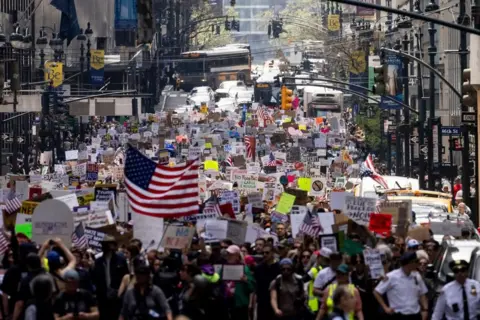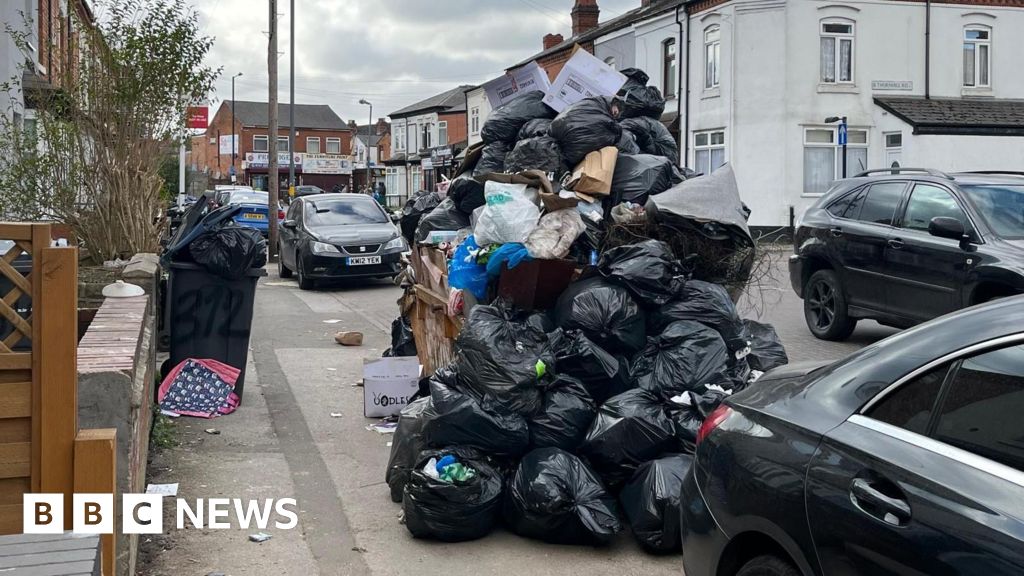Study Reveals Indian Students Most Affected by Visa Revocations During Trump's Administration

A recent study conducted by the American Immigration Lawyers Association (AILA) has brought to light alarming statistics regarding visa revocations that occurred during the Trump administration, particularly affecting Indian students. According to the findings, a staggering 50 percent of reported cases of U.S. students whose visas were revoked were Indian nationals. This study analyzed 327 instances of visa revocations and revealed that Indian students topped the list, followed closely by their Chinese counterparts, who constituted 14 percent of the cases.
The study highlighted that a substantial portion of these visa revocations impacted students on Optional Practical Training (OPT)a program that allows international graduates to work in the U.S. after completing their degrees. Specifically, the report indicated that 50 percent of the affected students were in this category, having already graduated and secured employment in the United States.
While the Trump administration consistently defended its visa crackdowns by citing concerns over political unrest and security, the study suggested otherwise. It found that out of the total cases examined, only two students had any known history of political protests. The AILA reported that although 86 percent of the students had some level of interaction with law enforcement, a significant 33 percent of these engagements resulted in cases being dismissed, with no charges or prosecutions filed against them. The interactions included a range of minor issues, such as speeding tickets and parking violations. Intriguingly, two of the students involved had interactions with police due to domestic violence complaints, which raises questions about the criteria used for visa revocation.
In response to these findings, the AILA emphasized the need for greater transparency, oversight, and accountability in the visa revocation process. The organization argued that measures must be put in place to prevent arbitrary terminations of visas and SEVIS (Student and Exchange Visitor Information System) records. They stressed that there should be a streamlined process that allows students to appeal incorrect SEVIS terminations without risking employment gaps or necessitating their universities' involvement, particularly given the significant number of students affected.
According to a verified source, Immigration and Customs Enforcement (ICE) has terminated a staggering 4,736 SEVIS records since January 20, 2025, with the majority of these cases involving students on F-1 visas. Alarmingly, only 14 percent of the students who had their visas revoked reported receiving official notice from ICE, all of whom were on OPT and received notifications informing them of their terminations. Furthermore, about seven percent of the students reported having received no notice whatsoever, neither from ICE nor from their respective educational institutions.




























